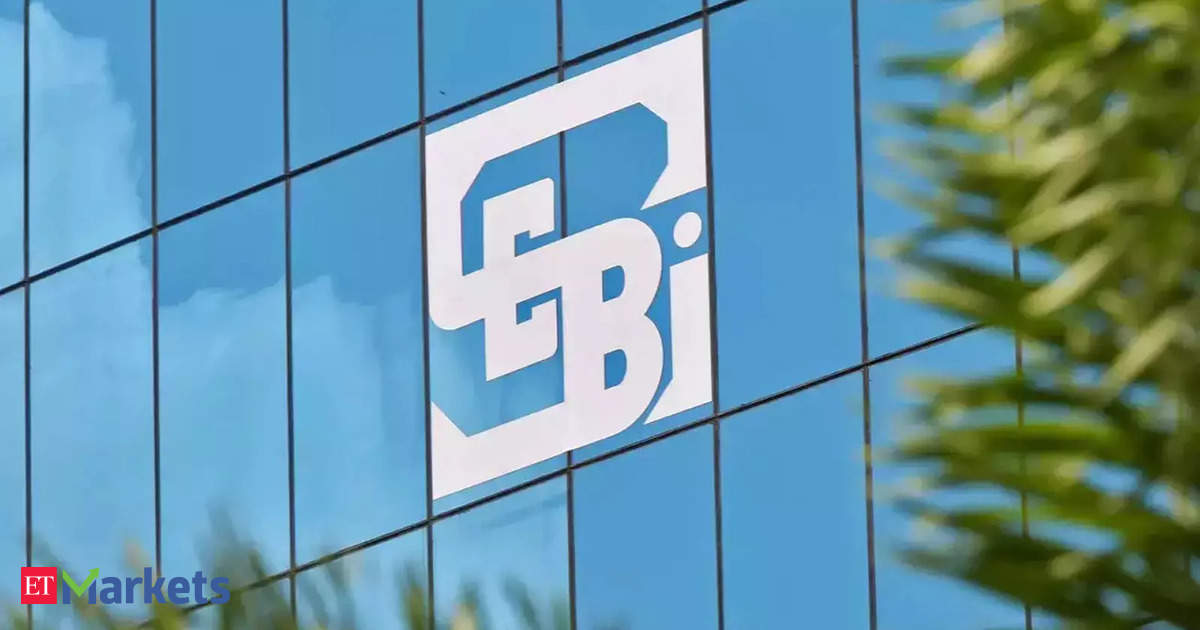The Securities and Exchange Board of India (Sebi) has proposed several changes to make rights issues a preferred mode of fundraising.
The regulator has suggested removing the requirement to submit a draft offer letter for comment. It would also do away with the requirement to appoint merchant bankers and reduce the timeframe to 20 days from when the board approves a bid. question of rights until the closing date of the financial year.
Currently, non-fast-track rights issues take on average 317 days to complete the process, while fast-track rights issues take around 126 days.
“Despite the apparent benefits associated with rights issue, i.e., commercialization of rights and proportionate treatment to existing shareholders, it is observed that rights issue is still not a preferred mode of fund raising,” Sebi said in a discussion paper on Tuesday. The amount raised through rights issues is less than the amount raised through other modes such as qualified institutional placement (QIP) and preferential allocations in the last three financial years. Moreover, the number of rights issues is also substantially lower than preferential allotments, the regulator said. Sebi data shows that while a total of Rs 15,110 crore was raised through rights issues in FY24, it was significantly lower than Rs 68,972 crore raised through QIPs or even Rs 45,155 crore raised through preferential allotments. Rights issue is one of the methods of raising additional capital that involves issuing shares to existing shareholders in proportion to their stake in the company.
Sebi said that in case of rights issue, for an investor to take an investment decision, only additional information such as the subject matter of the issue, price, proportion of rights and promoter shareholding is required. Therefore, there is no need to add the information that is already available in the public domain.
“It can be inferred that investing in a company through a rights issue is more or less similar to a purchase on the secondary market,” the regulator said.
In another major change, Sebi has proposed relaxing restrictions regarding waiver by promoters and allowing them to waive their rights in favour of any selective investor, provided advance disclosures are made about the same.
Currently, the rules restrict promoters from waiving their rights, except to the extent of waiver within the promoter group, in the event that the issue has not met the minimum subscription criteria.
Once the selective investor files the application against the rights waived by the promoters, he will not be allowed to withdraw such application, Sebi said.
Disclaimer:
The information contained in this post is for general information purposes only. We make no representations or warranties of any kind, express or implied, about the completeness, accuracy, reliability, suitability or availability with respect to the website or the information, products, services, or related graphics contained on the post for any purpose.
We respect the intellectual property rights of content creators. If you are the owner of any material featured on our website and have concerns about its use, please contact us. We are committed to addressing any copyright issues promptly and will remove any material within 2 days of receiving a request from the rightful owner.

